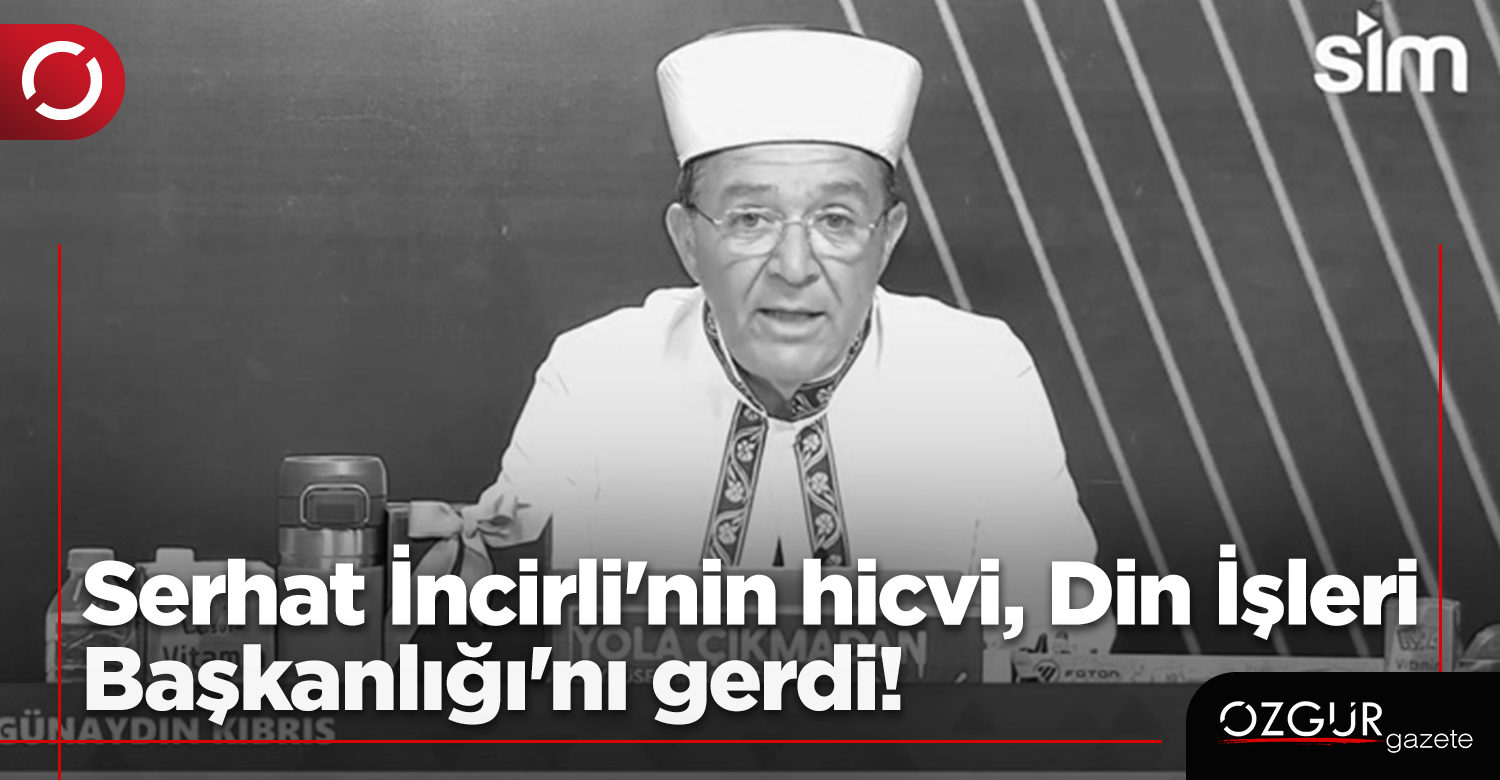Ünal's call for military action, framed around recent debates concerning a new regulation allowing headscarves in schools in Northern Cyprus, has drawn sharp condemnation from Turkish Cypriots. Critics labeled his remarks a "threat," an attempt to "legitimize violence against civilians," and interference with the "democratic will" of the community. His article described the situation as a "national security threat" and used terms like "internal invasion," seen as deeply insulting.
This inflammatory statement comes amid a series of controversies straining relations. Experienced politician Serdar Denktaş warned Turkish Cypriots to be cautious, sensing a "hidden plan" behind recent events. This plan, according to Denktaş, involves a systematic effort to undermine the secular identity and political autonomy of the Turkish Cypriot community. Referring to both the headscarf crisis and recent insults directed at the internationally unrecognized TRNC's appointed Prime Minister, Ünal Üstel, by another Turkish Presidential Chief Advisor, Oktay Saral, Denktaş urged citizens: "Bury your anger towards the vile words for a while... Let us prove together that we can maintain our ties with Turkey but succeed in protecting our own identity and culture."
Saral had reportedly called Üstel a "Rumcu Boşbakan" (Greek-lover PM) after Üstel removed a controversial imam from duty. The term' Rumcu Boşbakan' is a derogatory term used to imply that Üstel is sympathetic to Greek interests, which is a serious accusation in the Cyprus issue. Following this, reports surfaced that Üstel traveled—conflicting accounts suggest Istanbul rather than the initially reported Ankara—ostensibly to meet Turkish officials, yet no meetings were confirmed, and Ankara issued no condemnation of Saral's remarks.
The headscarf regulation itself is a focal point of the conflict. Organizations like Bağımsızlık Yolu (Independence Path) argue the issue is being misused. General Secretary Umut Ersoy stated the regulation enables "child instrumentalization (brainwashing/using children for religious propaganda)" and that proponents demand "privilege, not equality." He, along with colleagues Celal Özkızan and Nazen Şansal, argued the debate isn't about religious freedom for adults but about secular education, child rights, and resisting the imposition of political Islam. They advocate removing compulsory religious classes in favor of elective, comprehensive courses on religion taught neutrally and stress the need to address children's fundamental rights to safe schools and transport before focusing on headscarves, for a few. Şansal highlighted psychologists' warnings about potential discrimination and peer pressure from school regulation.
The situation has evoked memories of past interference. Lefkoşa Mayor Mehmet Harmancı recalled how former TRNC President Mustafa Akıncı was allegedly threatened, including his family, to withdraw from the 2020 elections, lamenting politicians' silence at the time. Now the scales are clearly tipping towards Tatar," Harmancı commented, suggesting current events are merely a "trailer" for more significant interventions.
Adding to the charged atmosphere, the TRNC's Religious Affairs Directorate condemned journalist Serhat İncirli for wearing a turban and robe on his TV show to satirize political scandals, calling it an "insult" to religious symbols and threatening legal action.
Collectively, the new incidents paint a picture of a Turkish Cypriot community feeling increasingly pressured by external actors linked to Ankara, pushing back against perceived attempts to reshape their secular identity and undermine their political autonomy through insults, regulations, and now, even thinly veiled threats of military intervention.
